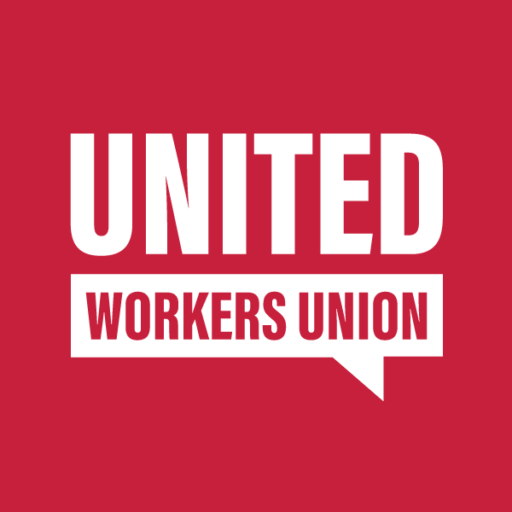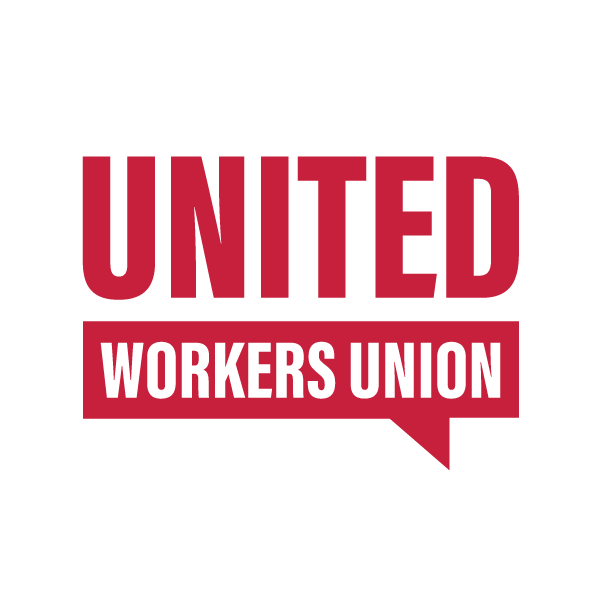Low-paid workers are reporting cost-of-living benefits of around $3000 in the hand from July 1, as Labor’s tax cuts, energy rebates and union-won pay rises kick in.
The results are a stark contrast to where low-paid workers would be if Labor had not fundamentally restructured the tax cuts, and if employers had succeeded in their call for low-ball pay rises.
Many United Workers Union members work in low-paid industries where their wages are based on the bare minimum of Federal award wages, including early childhood education and care workers, aged care workers, cleaners, security guards, laundry workers and workers in distribution centres to name a few.
As a result, they become eligible for a happy “triple whammy” from July 1: a cost-of-living bonus from Labor’s revised tax cuts, a 3.75% lift in award-based wages and the $300 Federal Government energy rebate.
In the case of Mitchell, a NSW school cleaner working 38 hours a week for an annual income of $56,000, he receives a tax cut of $1100 and a pay increase of $2100, resulting in a headline $3500 cost-of-living bonus when combined with $300 in energy tax relief.
After accounting for tax (including a tax deduction for 23-24 union fees), Mitch will be more than $3000 better off in the hand in the new financial year.
“The package of Stage 3 tax cuts for every Australian worker, award wage rises and energy rebates helps deliver relief to Australia’s lowest-paid workers who are really struggling in the cost-of-living crisis,” United Workers Union National Secretary Tim Kennedy said today.
“The efforts of Labor and of union members in delivering tax cuts and wage rises respectively to low-income earners goes some way to responding to widening social and economic inequality in Australia in favour of high-income earners and big business.
“July 1 will be a good day for workers in low-paid industries, because they will see real changes in their pay packets that can start going towards the essentials many workers have been forced to cut back on.
“In a recent survey, three quarters of NSW school cleaners said they delayed medical treatment and nine in 10 said they cut back on heating due to the cost of living crisis.
“Our members say they see the money going towards petrol for trips to work, bus fares, possibly putting some better food on the table and maybe even the occasional social outing. They say every little bit helps.”
Background on tax cuts:
The Coalition’s proposed tax cuts did not lower the tax rate for income earned up to $45,000, meaning workers on low incomes would have received lower tax cuts, and lower tax rates would have predominantly favoured high-income earners.
Under Labor’s changes, the tax rate for low-income earners is cut from 19 per cent to 16 per cent, funded by reducing the tax breaks for high-income earners.
It means low-income earners are $804 better off under the Labor tax cuts than they would have been under the Coalition.
Background on wage rises:
In its submission to the Fair Work Commission’s Annual Award Wage Review this year, the Australian Chamber of Commerce and Industry pushed for a 2% wage rise.
In the case of a worker on a $56,000 annual salary, if ACCI’s submission had been accepted a worker would be receiving a $1,100 pay rise, not a $2,100 pay rise under the 3.75% awarded by the Fair Work Commission in response to union submissions.

